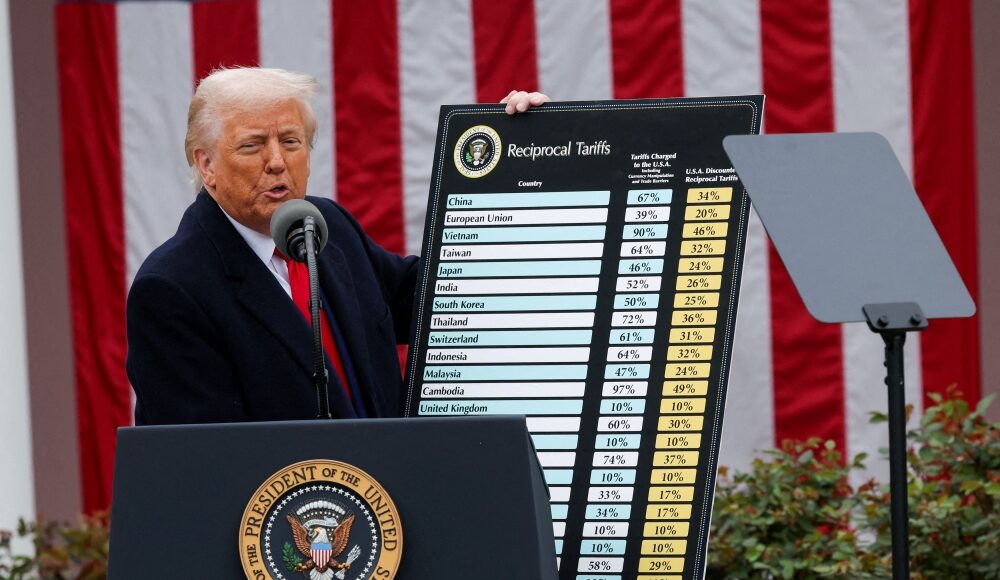APRIL 14 — On December 16, 2020, then Prime Minister Muhyiddin Yassin announced that the Yang di-Pertuan Agong (the King) had consented to a declaration of Emergency in Gerik, Perak and Bugaya, Sabah that would allow the postponement of by-elections in these two constituencies.
Muhyiddin said he had apprised the King, Al-Sultan Abdullah Ri’ayatuddin Al-Mustafa Billah Shah of the need to delay the by-elections after a Cabinet meeting on December 4 which discussed the dangers of holding polls again during the Covid-19 pandemic.
Muhyiddin added that the King was satisfied with the urgency to declare an Emergency in Gerik and Bugaya to delay by-elections.
By-elections for the parliamentary constituency of Gerik and Bugaya, a state seat, were supposed to be held simultaneously on January 16, 2021, triggered by the deaths of Gerik MP Hasbullah Osman from Umno on November 16, 2020, and Bugaya assemblyman Manis Musa Mohd Darah from Parti Warisan Sabah a day later.
Almost a month later, on January 12, 2021, a statement released by Istana Negara informed the country that the King had consented to a state of Emergency in the country until August 1, or until the current wave of Covid-19 subsided.
In the statement, the Comptroller of the Royal Household Ahmad Fadil Shamsuddin said the decision was made after Muhyiddin called on the King the day before.
The King also received briefing from Chief Secretary Mohd Zuki Ali, Attorney General Idrus Harun, Health Director-General Dr Noor Hisham Abdullah, Election Commission Chairman Abdul Ghani Salleh, Inspector-General of Police Abdul Hamid Bador, and Chief of Armed Forces Affendi Buang.
The Conference of Rulers was also consulted over the decision.
An Emergency committee would be formed consisting of government and Opposition MPs and relevant health experts to determine if the Emergency would be ended early.
The Emergency declaration came just a day after Muhyiddin announced a new movement control order (MCO).
Minutes after the Istana Negara’s announcement, several propaganda posters asking the public to “not panic” were reported to have started circulating on social media, ahead of Muhyiddin’s “hastily-announced special address” to clarify matters.
The posters, in Malay, claimed that the state of Emergency would merely be a so-called “administrative emergency”, a concept that has no roots in the Federal Constitution.
In his “live” address two hours after the Istana Negara’s announcement, Muhyiddin said the Emergency declaration was not a military coup, nor would there be any curfew.
He assured that the government would continue to perform its functions as usual.
Muhyiddin added that the threat to the country’s economy due to a sustained spike in Covid-19 cases was the reason the King agreed to declaring a state of Emergency.
One of the legal realities of an Emergency declaration is this: Parliament and State Legislative Assembly sessions, as well as elections, will be suspended.
The Opposition, expectedly, did not wait long to condemn the declaration, saying it was uncalled for and unnecessary to handle the pandemic, especially as it came on the heels of yet another MCO in several affected states.
Was it aimed at saving Muhyiddin from losing power, asked Opposition leaders.
Dr Mahathir Mohamad suggested that the Parliament was suspended because Perikatan Nasional (PN) did not have enough support from MPs following the withdrawal of Umno’s Machang MP Ahmad Jazlan Yaakub.
Another legal reality of the Emergency declaration is this: it drastically shifts the legislative powers from the legislature (Parliament) to the executive.
Misuse of declaration of Emergency?
Now, fast forward.
US President Donald Trump delivers remarks on global tariffs in the Rose Garden at the White House in Washington April 2, 2025. — Reuters pic
As I wrote in “Trump’s imposition of tariffs, vide declaration of emergency, has taken disrespect to, and misuse of, the law to a new level”, US President Donald Trump’s sweeping tariffs were announced on the back of a declaration of national Emergency to address what the President described as harmful foreign trade and economic practices.
Trump has used an Emergency declaration to impose tariffs by Presidential executive orders.
Executive orders are written directives, signed by the President, that order the government to take specific actions to ensure “the laws be faithfully executed.” It might mean telling the Department of Education to implement a certain rule, or declaring a new policy priority.
Executive orders, however, cannot override federal laws and statutes.
Statutes have to be passed by Congress and signed by the President. Executive orders cannot preempt this process.
Under the US Constitution, the power to tax and tariff falls squarely within the legislative branch — that is, Congress.
Article 1, Section 8 of the Constitution states that “Congress shall have power to lay and collect Taxes, Duties, Imposts and Excises,” as well as “to regulate commerce with foreign Nations.”
Even though Congress has enacted laws giving the President some tariff powers, Trump clearly resorted to declaring national emergency under the International Emergency Economic Powers Act of 1977 (IEEPA) to address what he called an “unusual and extraordinary threat” to America’s economy and security.
That threat, according to the executive order, is based on “the domestic economic policies of key trading partners and structural imbalances in the global trading system”.
Trump accordingly becomes the first US President to use the IEEPA to impose tariffs.
Misuse of Emergency declaration?
Elizabeth Goitein thinks so.





